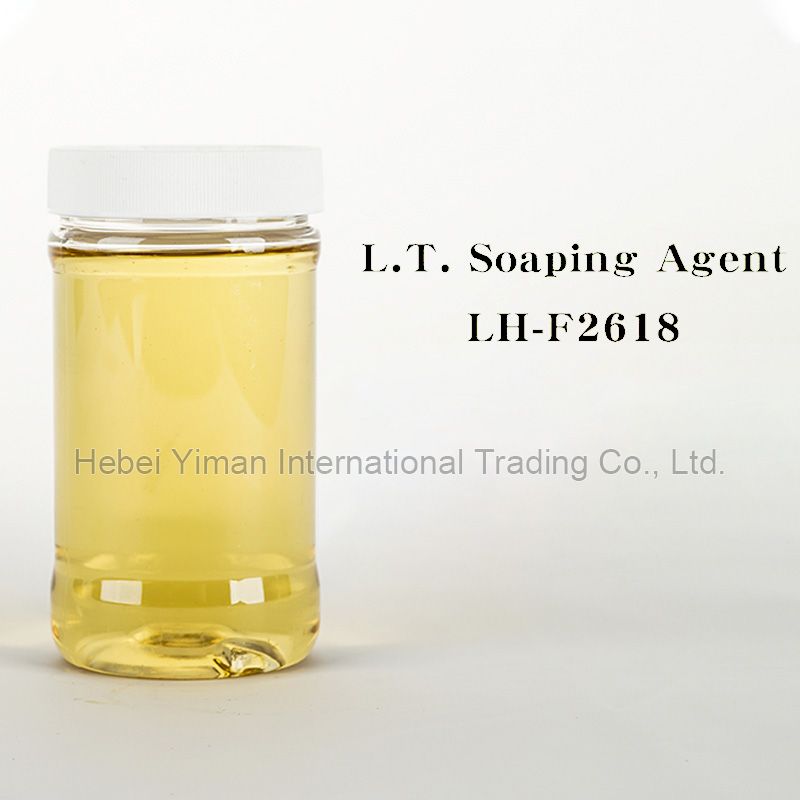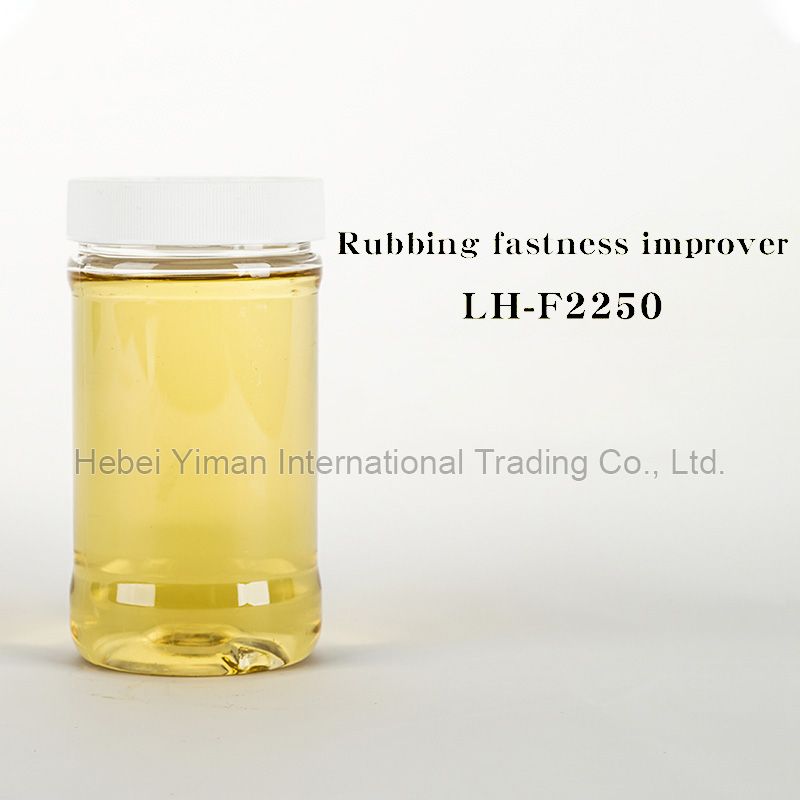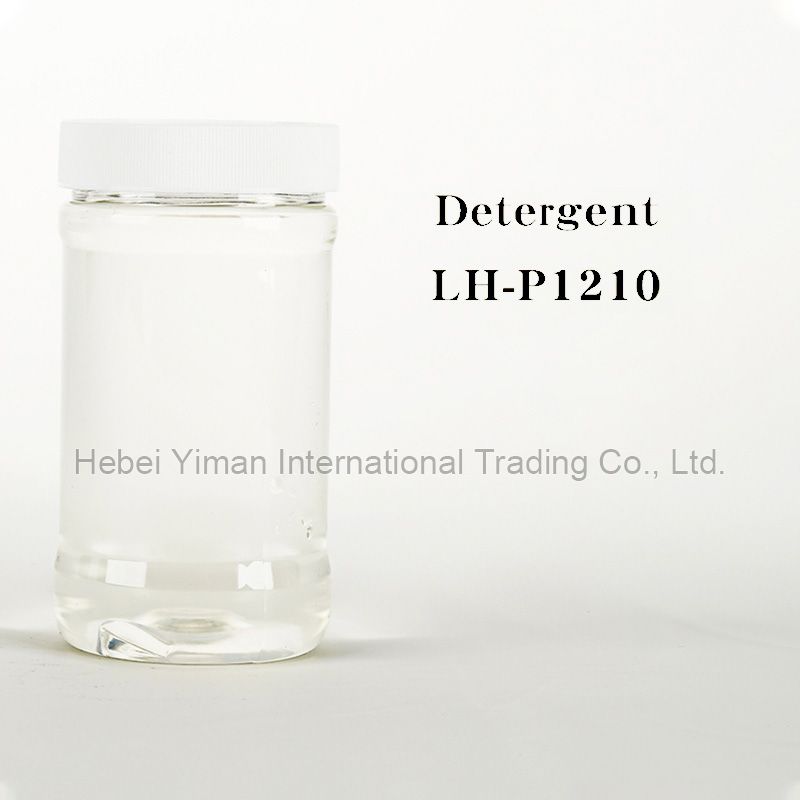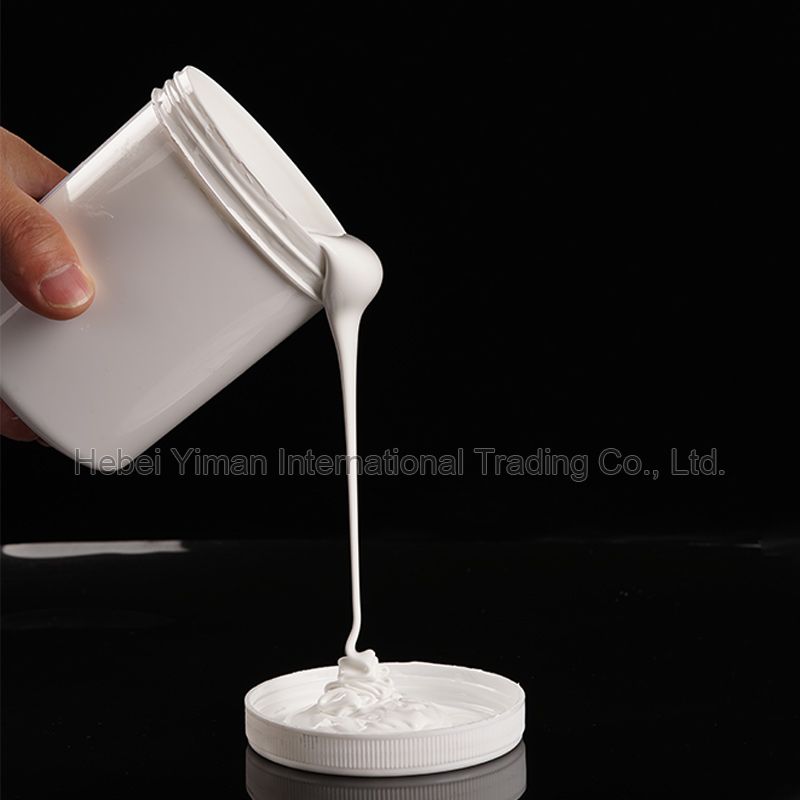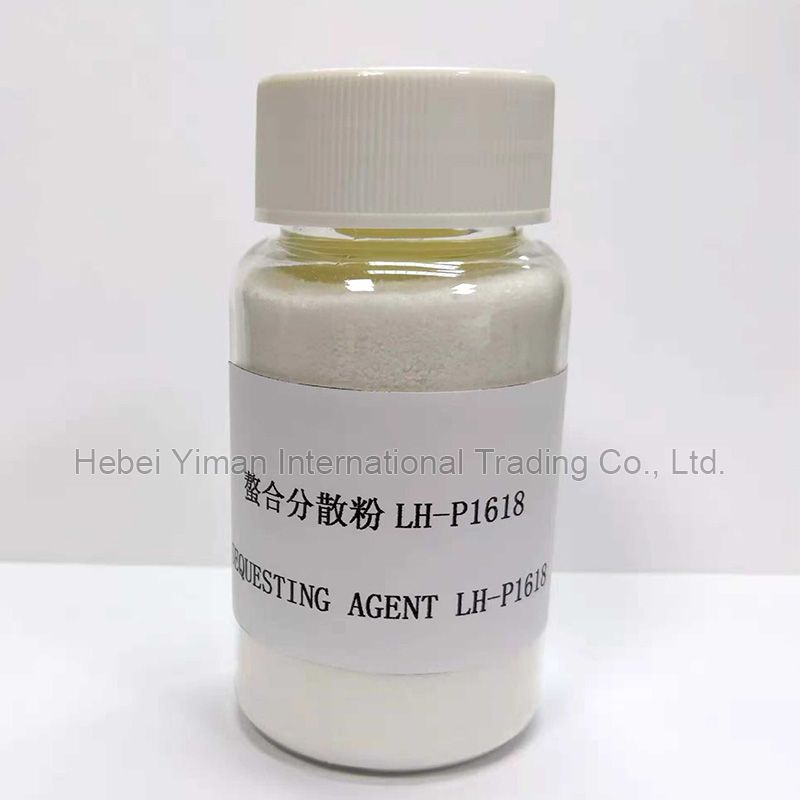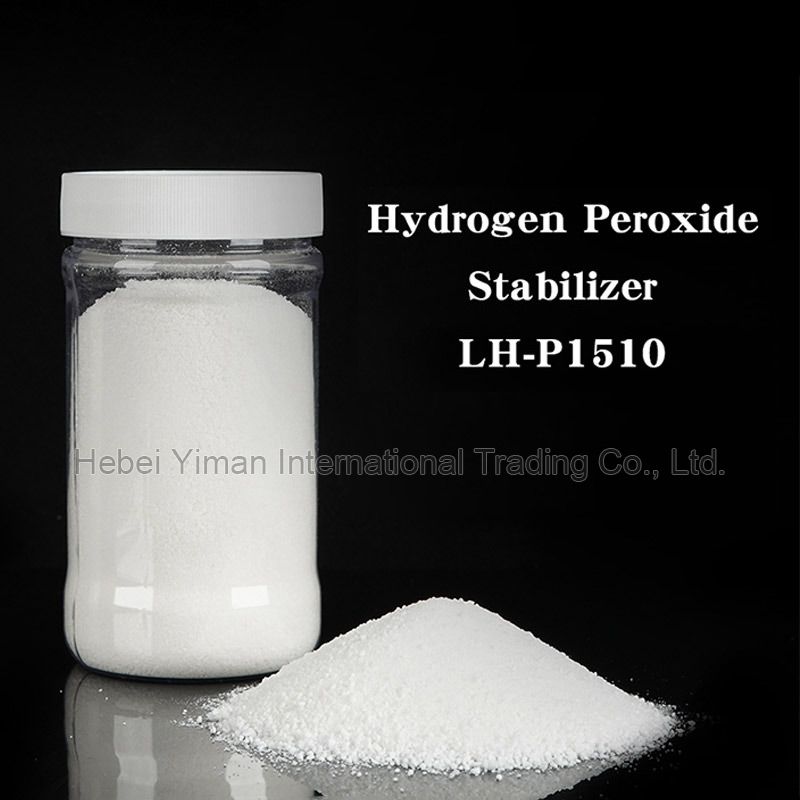Hot Selling for Reactive Printing - Coating Printing Thicker Reagent LH-312F – Yiman Lanhua
Hot Selling for Reactive Printing - Coating Printing Thicker Reagent LH-312F – Yiman Lanhua Detail:
Acrylate Polymer Introduction:
-LH-312F is a kind of acrylate polymer. Acrylates are nonsurfactant suspending agents that have anti-static, film-forming, and binding abilities. Can be used for thickening of pigment printing, non- woven printing and coating, also for the preparation and thickening for all kinds of paste, it has good thickening property and the fabric shows bright color.
Acrylate Polymer Key Features and Typical Benefits:
- Excellent thickening property.
- High viscosity and good electrolyte resistance.
- High stability of the paste formed, easy to pass the screen and good fluidity, no mildew.
- Brilliant color and high color yield.
- Environmental friendly, free of formaldehyde, APEO and kerosene.
Acrylate Polymer Properties:
| Property | Value |
| Physical Form | Liquid |
| Appearance | Milk white to light yellow viscousliquid |
| Ionic Character | Anionic |
Acrylate Polymer Application:
LH-312F is suitable for the pigment printing or the thickening of other aqueous or paste system.
- Pigment printing recipe:
| LH-312F | 1.2-1.4% |
| Pigment | X% |
| Binder | 5-25% |
| Water or others | Y % |
| Total | 100% |
2. Process flow: Paste preparation—Rotary or flat screen printing-Drying(150-160℃, 1.5-3 min).
Note: Detailed process should be adjusted according to preliminary tries.
Acrylate Polymer Package & Storage:
Plastic drum net 130 kg, can be stored for 6 months under room temperature and hermetic condition without exposure to sunlight. This product has no fluidity when it is at 2-5 C and returns to normal after heating. To ensure that the product quality is maintained, please check the period of validity of the product, and should be used up before the validity. The container should be tightly sealed when not in use. It should be stored at normal room temperature, preventing prolonged exposure to extreme heat and cold conditions, which may cause product separation. If the product is separated, stir the contents. If the product is frozen, thaw it at warm condition and stir after thawed.
Precautions
Acrylate Polymer Operating and safety instructions:
1. The chemicals should be added separately when preparing the printing paste, then stir evenly before use.
2. Strongly recommend using soft water, if soft water is not available, the stability needs to be tested before making the paste.
3. To ensure the safety, you should review our Material Safety Data Sheets before using this product under special conditions. MSDS is available from Lanhua. Before handling any other products mentioned in the text, you should obtain available product safety information and take necessary steps to ensure safety of use.
Attention
The above recommendations are based on comprehensive studies conducted in the practical finishing. They are, however, without liability regarding property rights of third parties and foreign laws. The user should test whether the product and the application are suited for his very special purposes.
We are, above all, not liable for fields and methods of application which have not been put down by us in writing.
Advice for marking regulations and protective measures can be taken from the respective safety data sheet.
FAQ about Acrylate Polymer
1、Where does acrylic polymer come from?
Acrylic polymers are obtained from derivatives of acrylic and methacrylic acids.
2、What is the difference between acrylic acid and acrylate?
In context|organic chemistry|lang=en terms the difference between acrylate and acrylic. is that acrylate is (organic chemistry) any salt or ester of acrylic acid while acrylic is (organic chemistry) an acrylic resin.
Product detail pictures:
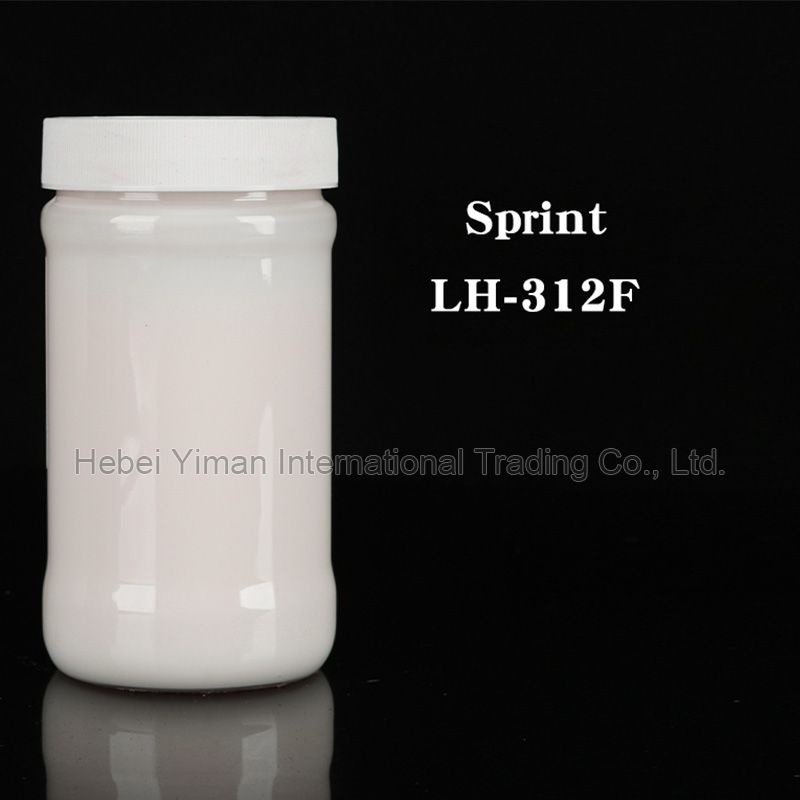
Related Product Guide:
Our development depends on the advanced equipment ,excellent talents and continuously strengthened technology forces for Hot Selling for Reactive Printing - Coating Printing Thicker Reagent LH-312F – Yiman Lanhua , The product will supply to all over the world, such as: Uzbekistan, Morocco, Swiss, As a way to make use of the resource on the expanding information and facts in international trade, we welcome prospects from everywhere on the web and offline. In spite in the top quality products we offer, effective and satisfying consultation service is supplied by our specialist after-sale service group. Solution lists and detailed parameters and any other info weil be sent to you timely for the inquiries. So please get in touch with us by sending us emails or contact us if you have any concerns about our firm. ou can also get our address info from our web site and come to our enterprise. or a field survey of our solutions. We're confident that we are going to share mutual results and build solid co-operation relations with our companions in this market. We're looking forward to your inquiries.
The factory workers have a good team spirit, so we received high quality products fast, in addition, the price is also appropriate, this is a very good and reliable Chinese manufacturers.


